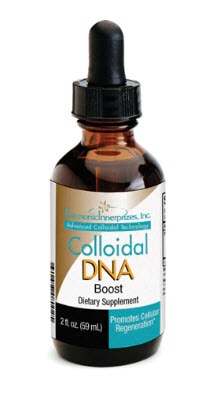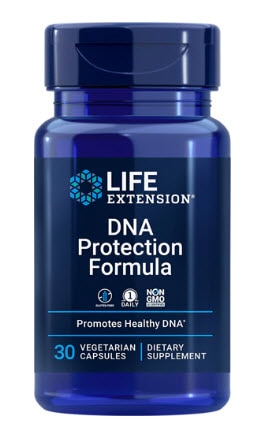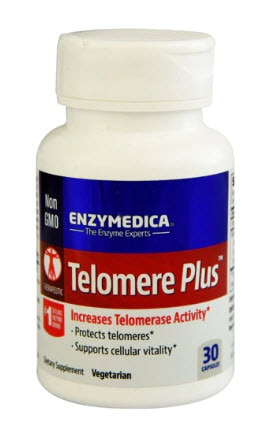Is DNA-based dieting a whim or a win? Opinions about sticking to a diet tied to your genetic makeup are practically as supercharged as attitudes about Brussels sprouts, one of America’s most hated vegetables.
A DNA-based “eat your genes” diet is rooted in nutrigenomics, also called nutritional genomics or personalized nutrition. Through DNA testing, nutrigenomics looks at the relationship among nutrients, diet and genetics to suggest what you should and should not eat.
Cameron English, director of biosciences at the nonprofit American Council on Science and Health, dismisses DNA-based dieting as “internet tomfoolery” that relies on a flawed mix of science and marketing.
“The result is an overpriced and underdeveloped product that may or may not actually work as advertised,” English warns.
“Some people will insist that DNA-based dieting changed their lives. Perhaps it did, but I suspect their success can be attributed to the benefits of personalized nutritional advice often sold alongside genetic testing as a package deal,” he adds.
Adding genetic information to a weight loss program tailored to someone’s food preferences and activity level makes little difference in terms of shedding pounds, according to English.
What some research suggests about nutrigenomics
For its part, the Academy of Nutrition and Dietetics stated in 2020 that it’s not clear yet whether incorporating genetic results into a diet plan improves someone’s nutrition. The academy reported that a research review conducted by an independent group of experts found that only “weak” evidence is available about the effectiveness of DNA-based dieting.
Two years earlier, a study published by the journal JAMA Network Open showed that people who reduced their intake of added sugar, refined grains and highly processed foods while focusing on eating lots of vegetables and whole foods lost significant amounts of weight over the course of a year, The New York Times reported.
But the dieters’ success “did not appear to be influenced by their genetics or their insulin response to carbohydrates,” The Times added, “a finding that casts doubt on the increasingly popular idea that different diets should be recommended to people based on their DNA makeup or on their tolerance for carbs or fat.”
Canadian health law and science policy professor Timothy Caulfield minces no words in his criticism of DNA-based dieting.
“We live in an era when few people eat enough fruits and vegetables, a significant portion of our society is obese, and many consume way too much junk food,” Caulfield said in a 2017 article published by the Canadian Medical Association Journal. “For me, focusing on the marginal benefits — if any — of following a genetic-informed diet borders on the absurd.”
What supporters of DNA-based diets say
Supporters of DNA-based diets counter arguments from detractors like Caulfield.
Nebula Genomics, a company whose products include DNA nutritional tests, says a DNA test can help you discover the right diet for you by helping gear a diet plan toward your specific needs. According to Discover magazine, these tests can cost hundreds of dollars apiece.
Such tests analyze “your genetic variants to predict how your body interacts with certain minerals and nutrients in your diet. The tests often closely analyze the food you eat,” Nebula says. “Then, they make meal recommendations based on your genetic makeup and the types of nutrients your body needs. Overall, they aim to help to provide suitable recommendations about the best diet that can help you stay healthier and promote weight loss.”
GenoPalate, a competitor of Nebula, proclaims that results of its genetics-based tests are used to suggest more than 20 nutrients and over 100 foods that can put you on the path toward healthier eating.
“We apply carefully vetted, evidence-based research from high-impact clinical trials, as well as population studies, that can directly link positive health outcomes to your DNA and nutrition,” GenoPalate says.
In a 2020 article she wrote for Today.com, dietitian Kristin Kirkpatrick, former lead dietitian at the Cleveland Clinic, touted the benefits of DNA-based dieting.
“It’s especially useful for patients who have found themselves ‘stuck’ in their weight-loss efforts. Having a genetic insight into the types of diet that work best for them often increases both compliance and sustainability,” Kirkpatrick wrote.
Another health care professional, Avigdor Arad, director of nutrition and physiology for the Center for Preventive Medicine Director at Israel’s Tel Aviv Sourasky Medical Center, offers a dose of skepticism about DNA diet tests like the ones sold by GenoPalate.
“Nutrigenomics is still a growing field. And using DNA or microbiomes to guide us on what to eat … it’s a fantastic idea; it’s certainly where we are going in the future,” Arad told MarketWatch in 2020. “But I don’t think we are really there yet.”








